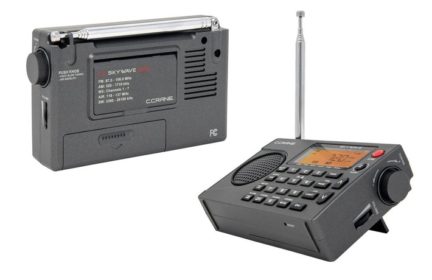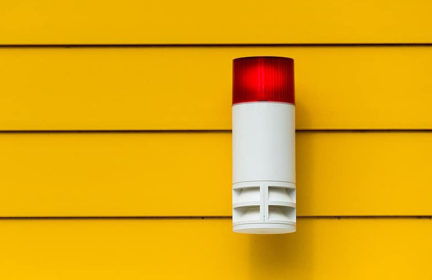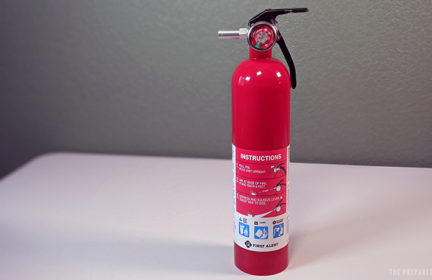“Micro-Prepping” for a visually challenged partner
Hubby is highly – but not totally – visually challenged. I’ve made some life decisions recently that eliminate some physical risk to myself so I have less likelihood of leaving him in the lurch if I take an unscheduled trip in an ambulance (or worse). But it’s all too possible, so I need to do more to get him through a sudden crisis until he can get plugged in to services. We don’t have family or friends nearby that could help him, although a neighbor or two would probably pitch in for the short term. Anyway, since the earlier decision was made, “the rest of the story” has been weighing heavily on my mind.
So, novel assistive devices are on our gear-to-acquire list. He has a talking watch and a talking tape measure, the latter of which has been nearly life-altering for an active DIY person. But…he can’t operate the heat pump thermostat. We will be getting an Alexa-enabled thermostat installed, as Alexa already assists him with things like playing the radio, setting timers, etc.
He participates in the Library of Congress program that provides free reading material for the blind and disabled. These audiobooks are so critical to his well-being. I need to download dozens of books for him even in the simple event that we “enjoy” a power outage together.
He can’t use any sort of touch screen.
In our newly created storage space, I’m dedicating the most easily accessible shelves to heat-and-eat, or eat-out-of-the-can foods so it doesn’t matter what he grabs, he can get good nutrition. Doing the same with a freezer, and adding unheard-of-around-here things like frozen dinners and Pizza. He has tactile “bumps” on the stove so that he can use both the stove top and oven. The microwave is not so friendly, but he can definitely use it for some things. He is on top of feeding all the animals. He is highly adapted to his disability, uses all the power equipment, etc., but I will be continually refining this new direction in prepping so that he can stand alone for as long as it takes.
I am more than open to thoughts and ideas to help “micro-prep” for this amazing man.
-
Comments (5)
-




